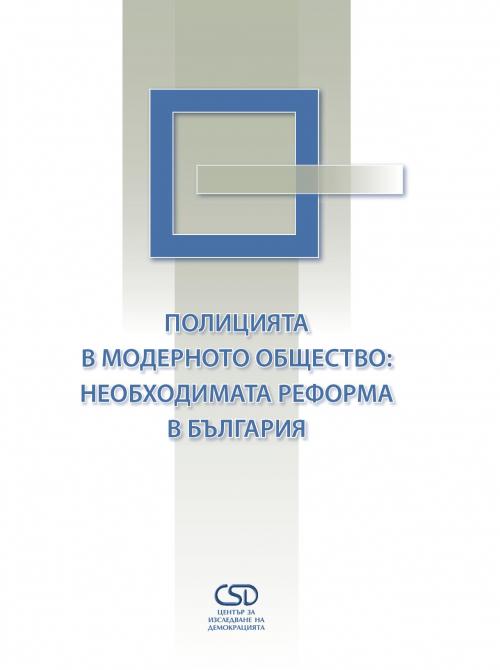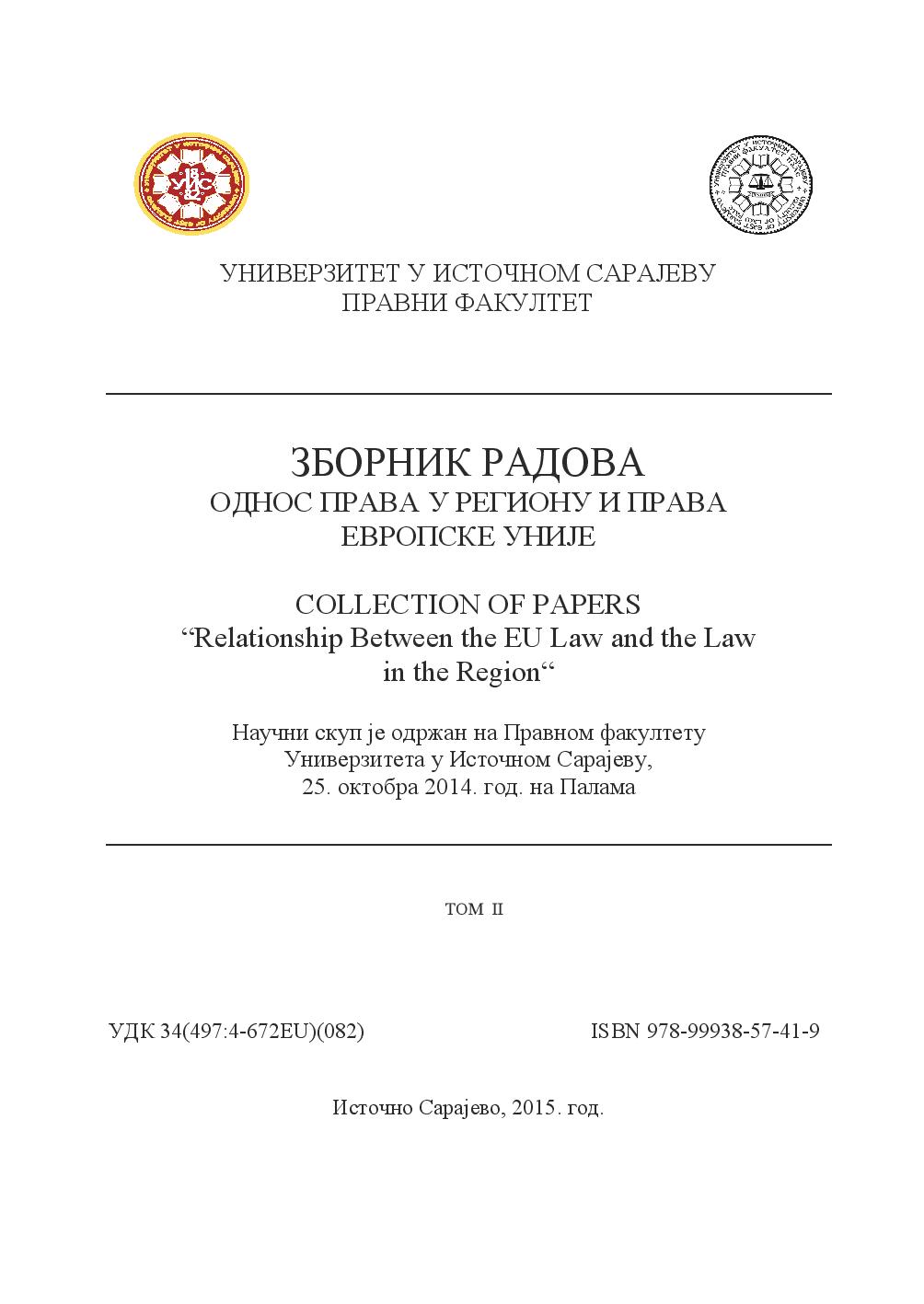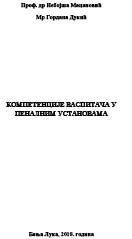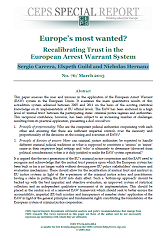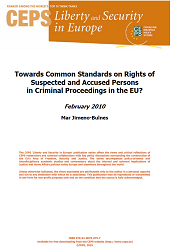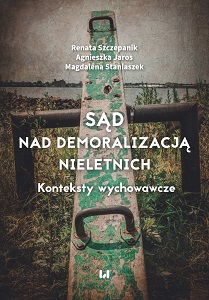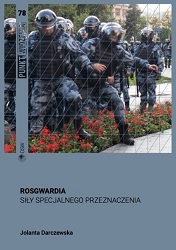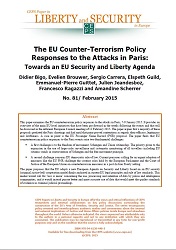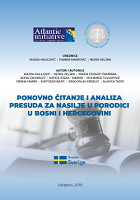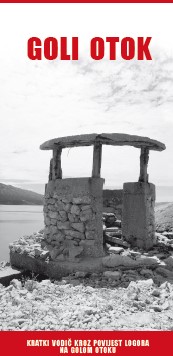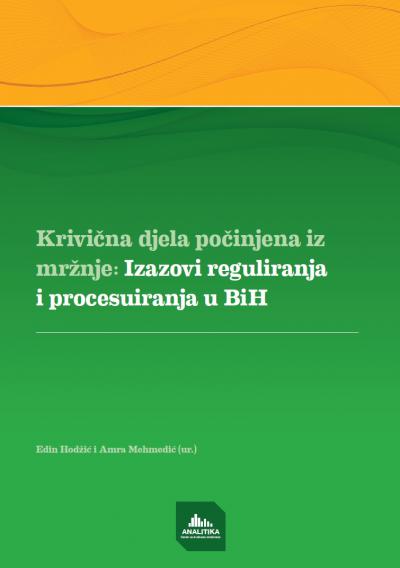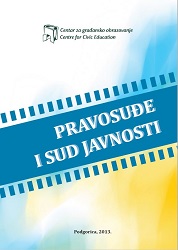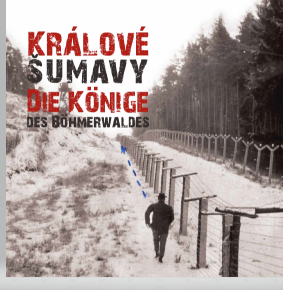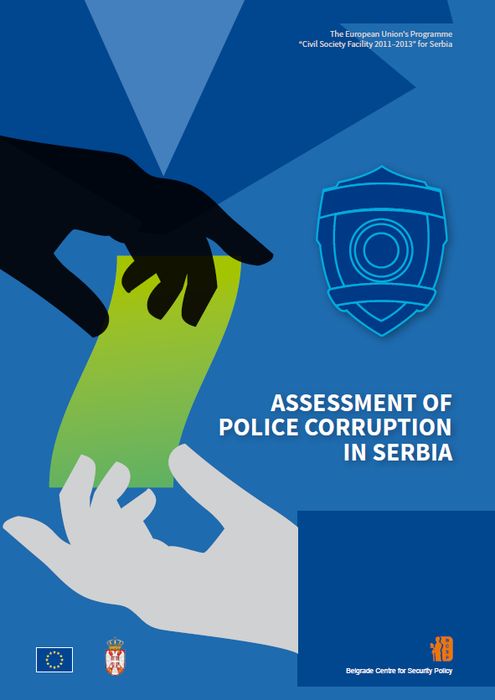Author(s): Author Not Specified / Language(s): Serbian
Publication Year: 0
Throughout the totalitarian rule of the regime of Slobodan Milošević and his henchmen, which lasted for over a decade, the country’s prisons remained shut to public scrutiny. Information about the state of human rights of the prisoners and the conditions in which they served their sentences was the exclusive privilege of the state authorities directly involved and of the individuals and institutions concerned with the matter for purposes of scientific research. The question of prisoners’ human rights was completely marginalized by war, crimes, economic hardship and daily violations of citizens’ human rights and freedoms up to 5 October 2000. For many a convict, being locked away to serve a sentence of imprisonment did not mean mere deprivation of liberty for a set period of time, but also the start of a cruel struggle for survival in the gloom of lawlessness, corruption, torture, inhuman conditions and society’s total lack of interest in his or her life behind bars. It was only after widespread prison rioting broke out in November 2000 that the public’s attention was drawn to the conditions in which the prisoners served their sentences. The prisoners put out announcements throwing light on the substandard and inhuman conditions prevailing in Serbia’s penitentiaries and prisons. During the riots, groups and individual prisoners made statements complaining that the prison conditions were far below the levels set by relevant international standards and domestic prison rules. The prisoners alleged serious violations of their physical and psychological integrity, humiliating and degrading treatment, unjust punishment and general arbitrary treatment by prison personnel. They complained of, among other things, torture by beating, lack of minimum personal hygiene facilities, absence of medical treatment and health care, and corruption among prison administrative staff. Some of the allegations and complaints were partly confirmed by competent officials of the Ministry of Justice. As a palliative for the utterly unsatisfactory prison conditions, federal and republican amnesty laws were duly introduced to be finally adopted respectively on 26 February 2001 and 13 February 2001. Nonetheless, although a number of convicts were fully amnestied and a percentage of sentences commuted, the conditions in which prisoners served their sentenced remained unchanged. In addition to the factors mentioned above, the inhuman conditions in Serbia’s prisons endured and multiplied also owing to the country’s isolation of many years, during which time no international organization other than the International Red Cross was granted access to its prisons. Domestic non-governmental organizations were also kept at arm’s length and only rarely allowed to see what went on inside. In view of the circumstances enumerated above, it was clearly necessary to introduce continuous monitoring of prisons by an independent, non-governmental institution in order to obtain a realistic picture of the prison conditions. The new government is aware that admission to the Council of Europe and to other international organizations depends in part on the conditions in which sentenced persons serve their prison sentences, as well as that the public must be informed about those conditions. So, after presenting the concept and objectives of the Prison Monitoring project, the Helsinki Committee for Human Rights in Serbia was granted permission in May 2001 to visit institutions for the enforcement of criminal sanctions. This meant that for the first time in the history of this state an NGO could apply for and be granted permission to visit places of detention, custody and imprisonment without any restrictions, to interview prisoners with no personnel being present, and to talk to personnel without the presence of administration officers. Between June 2001 and October 2003, the Helsinki Committee paid a total of twenty-one visits to institutions for the enforcement of sanctions entailing the deprivation of liberty. During the period covered by this report (April 2002 to October 2003) the Helsinki Committee visited twelve institutions (one maximum-security prison, two closed prisons, three open prisons, two district prisons, one psychiatric prison, one reformatory, and one juvenile prison). In launching the project, the Helsinki Committee was principally guided by Article 64 of the European Prison Rules which states: ‘Imprisonment is by the deprivation of liberty a punishment in itself. The conditions of imprisonment and the prison regimes shall not, therefore, except as incidental to justifiable segregation or the maintenance of discipline, aggravate the suffering inherent in this.’ The Helsinki Committee hopes that its efforts to complete the project and publish this book will make a small but valuable contribution towards achieving this goal.
More...


